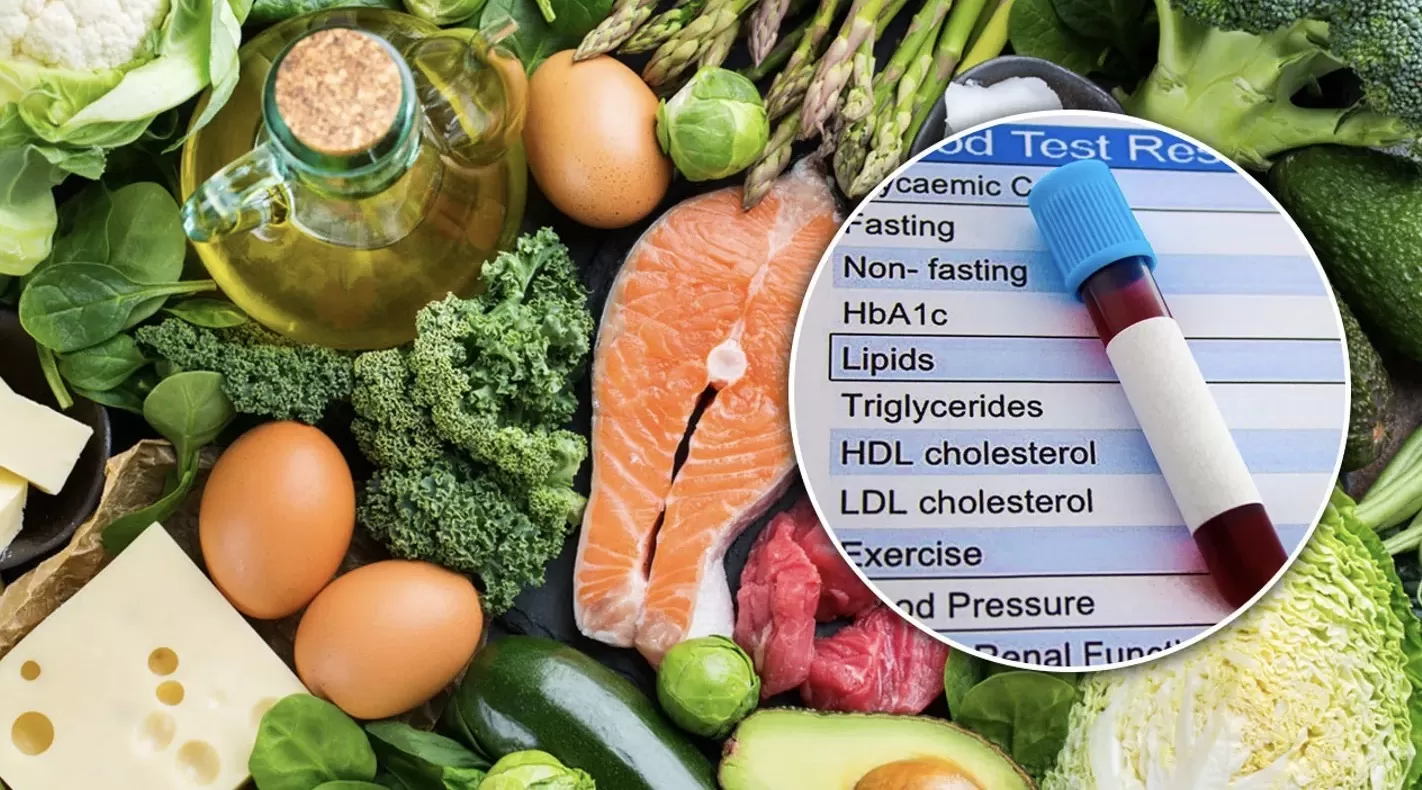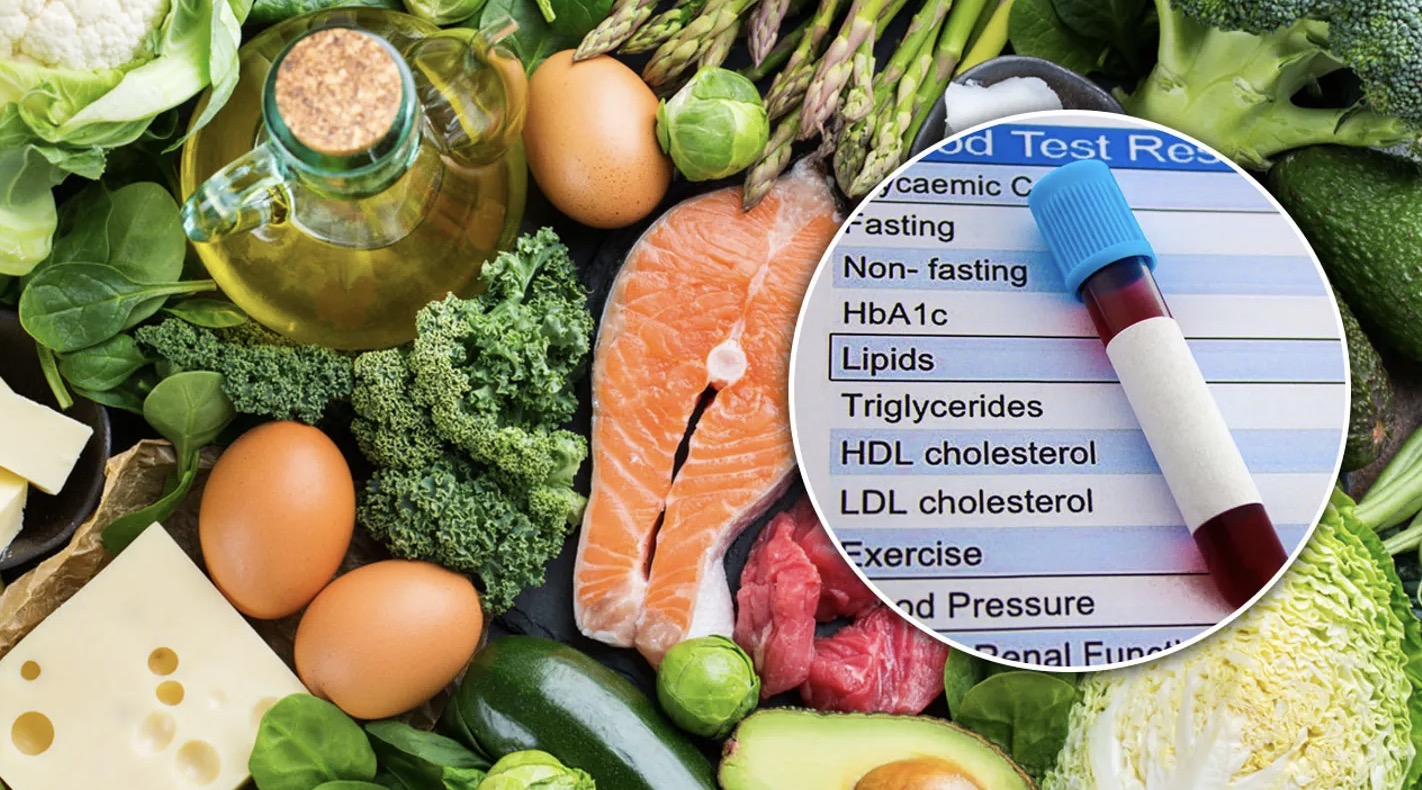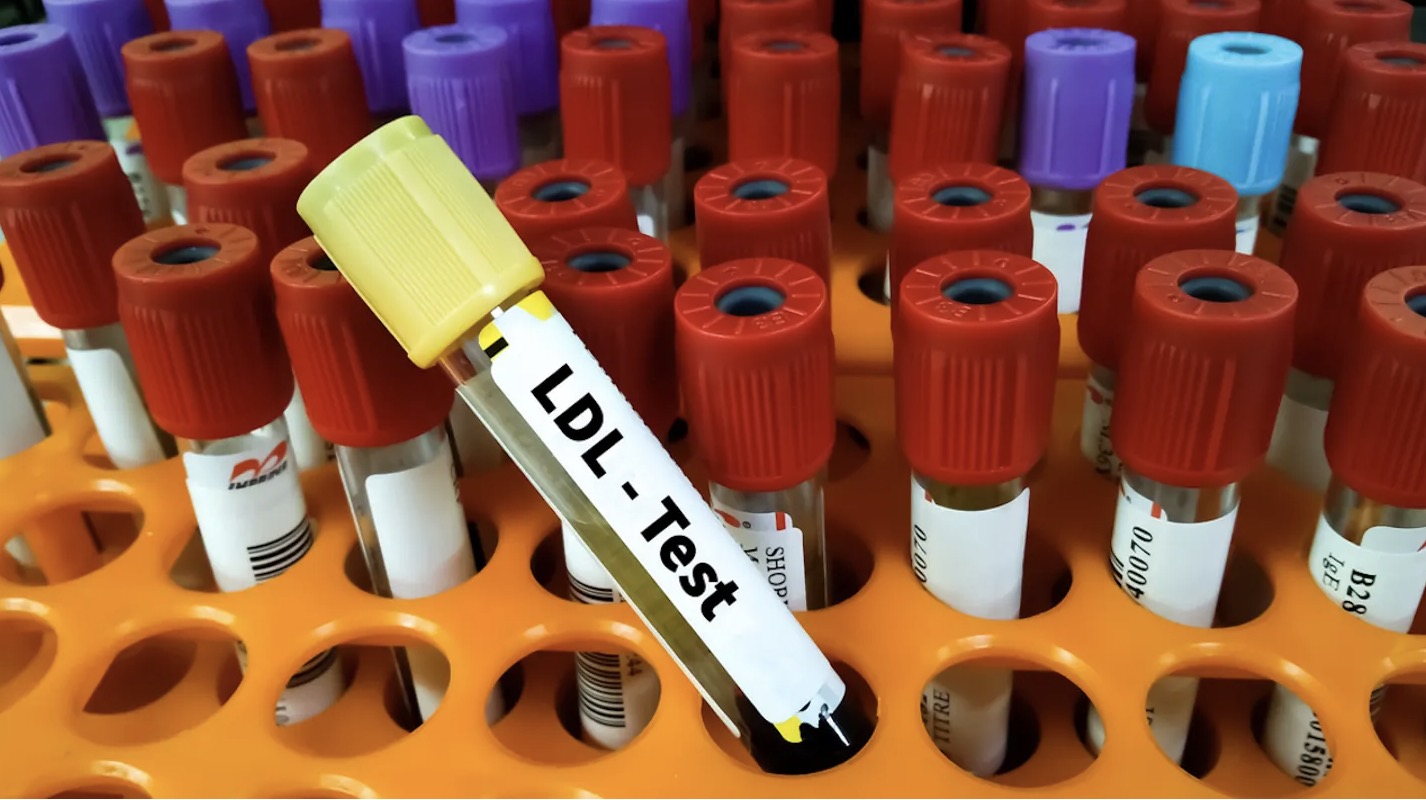Zeror
Notice! Ketogenic Diet Increases Risk of Heart Attack and Stroke


Zeror
Notice! Ketogenic Diet Increases Risk of Heart Attack and Stroke
Low-carb, high-fat 'keto-like' diets lead to higher 'bad' cholesterol, which raises heart disease risk, researchers say
The low-carb ketogenic (keto) diet has skyrocketed in popularity in recent years among those looking to lose weight.
A new study, however, suggests that a "keto-like" diet could trigger a spike in "bad" cholesterol, which can lead to a buildup of plaque in the arteries and a significantly greater risk of heart attacks, strokes and other cardiovascular events.
Findings from the study were presented on Sunday in New Orleans, Louisiana, at the American College of Cardiology’s Annual Scientific Session Together With the World Congress of Cardiology.

"Our study found that regular consumption of a self-reported diet low in carbohydrates and high in fat was associated with increased levels of LDL cholesterol — or ‘bad’ cholesterol — and a higher risk of heart disease," said lead author Iulia Iatan, M.D., PhD, in a press release about the findings.
Iatan is attending physician-scientist at the Healthy Heart Program Prevention Clinic, St. Paul’s Hospital and University of British Columbia’s Centre for Heart Lung Innovation in Vancouver, Canada.
"To our knowledge, our study is one of the first to examine the association between this type of dietary pattern and cardiovascular outcomes," she added.
What is the keto diet? While there are different variations, the ketogenic diet generally includes very low carbs, typically less than 50 grams per day.
The target ratio is usually around 75-80% healthy fats, 10-20% protein and 5-10% carbohydrates, according to Harvard’s School of Public Health.

By default, the body’s metabolic system will try to burn carbohydrates for energy.
With the keto diet, because carb intake is so low, the body starts looking for fat to use for energy instead of carbs (or glucose). The liver then breaks down the fat and creates an alternative fuel source called ketones, which is where the keto diet gets its name.
‘Keto-like’ diet doubles risk of cardiac events For the new study, researchers looked at data for those who ate a low-carb, high-fat (LCHF) diet containing 25% or less carbs and more than 45% fat.
(This wasn’t quite as low-carb as the standard keto diet, which is why it was dubbed "keto-like.")
For comparison, they looked at participants who ate a more standard, balanced diet as well.

The data was pulled from the UK Biobank database, which includes more than 500,000 U.K. residents who were monitored for at least a decade.
A total of 1,525 people were included in this study; 305 ate an LCHF diet and 1,220 ate a standard diet. The participants were the same gender, age group (averaging 54 years old) and body mass index range.
Those who were on an LCHF diet were found to have markedly higher levels of LDL ("bad") cholesterol and apolipoprotein B (apoB), a protein that attaches to LDL and can help measure the risk of heart disease.
